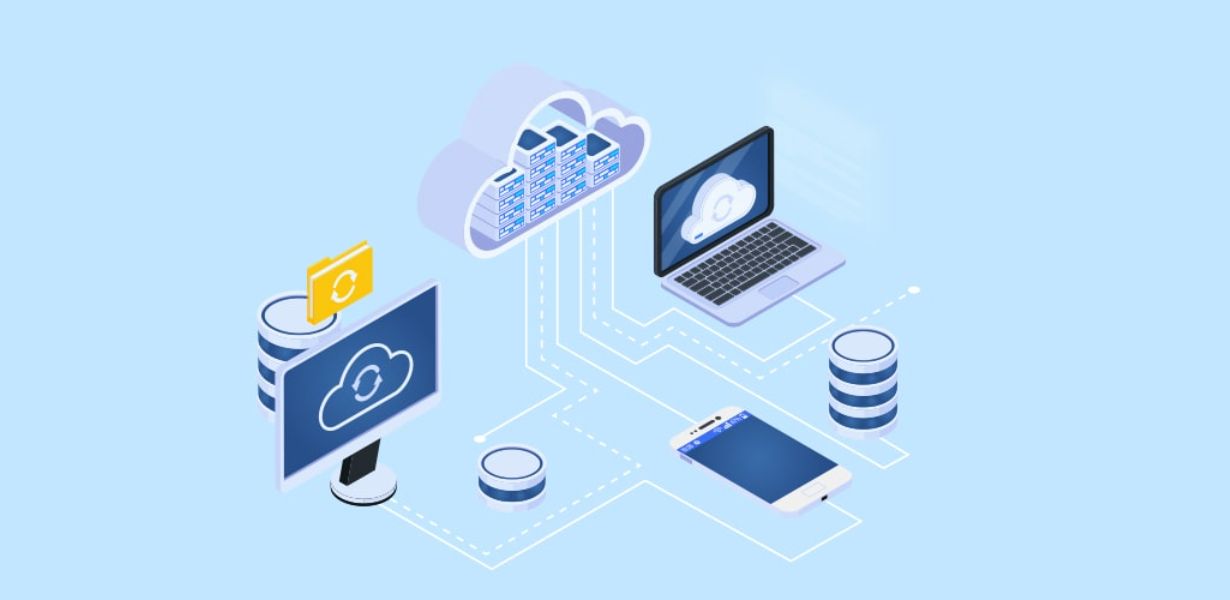
In today’s rapidly evolving digital landscape, server management is at the forefront of technology-driven business operations. As organizations continue to embrace digital transformation, the way servers are managed is undergoing a radical transformation. In this comprehensive guide, we delve deep into the future of server management, exploring the latest trends and innovations that are shaping this critical aspect of IT infrastructure.
Evolution of Server Management
Server management has come a long way from traditional on-premises solutions to the current era of cloud computing. With the increasing complexity of IT ecosystems, server management solutions have had to adapt to meet the growing demands of businesses. As we look to the future, it’s essential to understand the key drivers of this evolution. Server management tools have evolved to be more user-friendly, with intuitive interfaces and automation capabilities that reduce manual tasks. They have also become increasingly integrated with cloud services, allowing for scalability and flexibility.
The Role of Artificial Intelligence
Artificial intelligence (AI) is poised to revolutionize server management. AI-driven tools can predict and mitigate potential issues before they impact operations. Predictive analytics can identify trends and anomalies, helping IT teams make informed decisions and optimize server performance. Moreover, AI can automate routine tasks, freeing up IT staff to focus on more strategic initiatives. This automation not only improves efficiency but also reduces the risk of human error.
Security in Server Management
As the digital landscape grows, so do cybersecurity threats. Server management is no exception to this, as servers are prime targets for malicious actors. The future of server management includes robust security measures to safeguard data and infrastructure. Implementing encryption, multi-factor authentication, and continuous monitoring are vital components of server security. It’s also important to stay updated on the latest security threats and patches to protect against vulnerabilities.
Cloud-Native Server Management
With the rise of cloud computing, the concept of cloud-native server management is gaining prominence. It involves building and managing applications designed specifically for cloud environments. This approach offers agility, scalability, and cost-efficiency. Containers and microservices are integral to cloud-native server management. They provide a flexible, modular architecture that allows applications to scale seamlessly and be more resilient.
Edge Computing and Server Management
Edge computing, which involves processing data closer to its source, is gaining traction. It brings servers closer to the devices generating data, reducing latency and enhancing real-time processing capabilities. Server management at the edge is a unique challenge, as it requires robust infrastructure and remote monitoring. In the future, edge servers will play a crucial role in enabling applications such as autonomous vehicles and IoT devices.
Green Server Management
Environmental sustainability is an increasingly important aspect of server management. As the carbon footprint of data centers continues to grow, businesses are seeking ways to reduce their impact on the environment. Efforts to achieve green server management include energy-efficient hardware, data center design, and renewable energy sources. These initiatives not only benefit the environment but also reduce operational costs.
The Future Workforce
The evolving landscape of server management also impacts the workforce. IT professionals need to adapt to the changing demands and technologies. The skill set required for the future includes expertise in cloud computing, cybersecurity, and AI. Continuous learning and upskilling are essential to stay competitive in the job market and effectively manage servers in the modern era.
Final Words
In conclusion, the future of server management is marked by innovation, automation, and adaptability. AI, cloud-native approaches, security, and environmental sustainability are key drivers of change. As technology continues to advance, staying informed and embracing these trends will be essential for businesses looking to optimize their server management.
Commonly Asked Questions
1. What is the role of AI in server management?
AI plays a significant role in server management by automating tasks, predicting issues, and enhancing overall efficiency. It can also improve security by identifying and mitigating threats in real-time.
2. How does cloud-native server management differ from traditional server management?
Cloud-native server management is designed for cloud environments, offering scalability and agility. It leverages containers and microservices, while traditional server management is more focused on on-premises solutions.
3. What is green server management, and why is it important?
Green server management focuses on reducing the environmental impact of data centers. It involves energy-efficient practices and the use of renewable energy sources, helping businesses reduce their carbon footprint.
4. How can edge computing enhance server management?
Edge computing brings servers closer to data sources, reducing latency and enabling real-time processing. It is particularly important for applications like IoT and autonomous vehicles.
5. What skills are essential for IT professionals in the future of server management?
IT professionals should acquire skills in cloud computing, cybersecurity, and AI to adapt to the evolving server management landscape and remain competitive in the job market.
Advertisement








